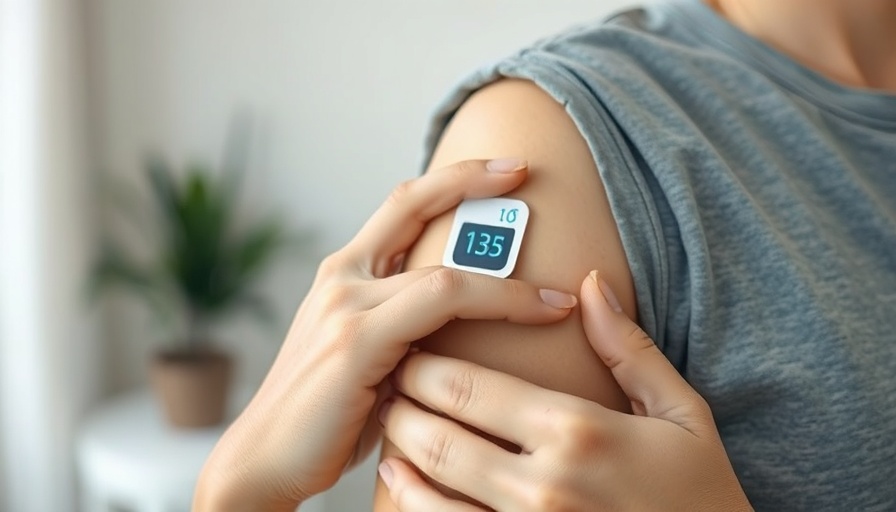
Rethinking Diabetes Care: A Shift Toward Type 2 Innovations
As diabetes technologies evolve, an important shift is underway – developers are turning their focus toward type 2 diabetes, which represents more than 90% of all diabetes cases globally. Major companies like Abbott, Dexcom, Insulet, and Medtronic are pioneering advancements in sensors, insulin pumps, and algorithms to cater to the large, underserved type 2 population. With projections estimating that approximately 783 million people will live with diabetes globally by 2045, the urgency for innovation in this area has never been more critical.
Bridging the Gap: The Need for Tailored Solutions
Much of the existing diabetes technology has traditionally been developed for type 1 patients, who require insulin therapy due to the autoimmune destruction of insulin-producing beta cells. In contrast, type 2 diabetes patients often have varying needs; some may not require insulin at all. This divergence demands careful calibration in device algorithms to ensure safety and effectiveness. Insulet's Omnipod 5, cleared by the FDA as the first automated insulin delivery (AID) system for type 2 patients, reflects this approach, allowing for tailored therapy that addresses the specific progression of type 2 diabetes.
Clinical Trials: Inclusive Research and Safety Innovations
Companies, including Insulet and Tandem Diabetes Care, have prioritized clinical trials that reflect the diversity of the type 2 patient population. This focus not only seeks to validate the efficacy of new devices but also safeguards against potential complications such as hypoglycemia caused by improper insulin delivery. By targeting both health equity and clinical safety, these companies are addressing broader health disparities while pushing the boundaries of diabetes care.
Paving the Way Forward: Future Innovations on the Horizon
The development of technology for type 2 diabetes must continue to progress. With numerous AID systems and continuous glucose monitors (CGMs) in development, more options will soon be available for patients managing this chronic condition. Medtronic's impending FDA submission and Beta Bionics' advancements with the iLet bionic pancreas signal that the future of diabetes technology is not only promising but also geared towards improving the quality of life for millions around the world.
Why This Matters to the Aesthetic Community
For MedSpa owners and aesthetic professionals, understanding the advancements in diabetes care is vital. The interplay between diabetes management and aesthetic treatments can be significant, particularly as treatments for conditions like skin complications related to diabetes rise. Knowledge of emerging diabetes technologies can aid practitioners in providing informed, comprehensive care that enhances patient outcomes and satisfaction.
With the diabetes landscape evolving, it's essential to stay informed about innovations that can have a direct impact on patient health and care practices.
 Add Row
Add Row  Add
Add 

 Add Element
Add Element  Add Row
Add Row 




Write A Comment